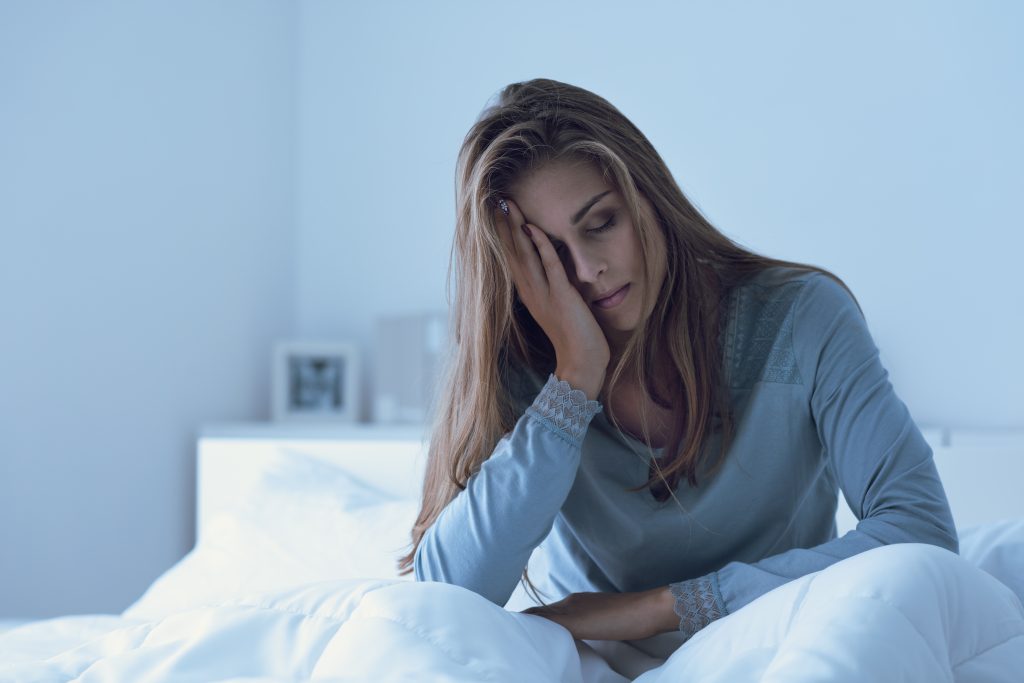Nocturnal urination causes
Night urination or as it is professionally called nocturia or nocturia is urination that wakes a person from sleep because he also has to empty his bladder. There are a number of causes that lead to the need for nocturnal urination that can seriously disrupt sleep, cause chronic fatigue due to insomnia, and seriously impair health.
When it comes to reduced bladder volume, the causes can be fibrosis or hardening of the bladder wall, the result of bladder surgery due to hypersensitivity, inflammation or infection of the bladder, possible bladder stones or bladder cancer.
Also, if you drink large amounts of fluids at bedtime or throughout the day, it can be a cause of nocturnal enuresis. In the case of increased urine production, the causes can be diabetes, kidney damage and disease, estrogen deficiency, and hypercalcemia, which manifests itself as increased levels of calcium in the blood. Depression, arthritis, high blood pressure, along with diabetes can also be causes of nocturnal urination. However, in men it can be prostatitis and prostate cancer, and in women obesity, overweight, hysterectomy, urinary tract infections, and inflammation of the digestive tract.

Nocturnal urination symptoms
Nocturnal enuresis has very simple symptoms that are recognized by waking up three times during the night due to the need to empty the bladder. Such a period of nocturnal urination lasts a long time and in the vast majority of cases people who have these problems rarely decide to seek medical help, so they suffer from this condition for up to a year.
Usually with the aging process, the muscles also weaken, so it is in the elderly nocturnal urination common, although the causes of nocturnal enuresis can be treated in the elderly.
Symptoms are divided into those that are irritating, such as frequent and daily, and especially night urination with excessive urgency due to the inability to retain urine, and the occurrence of incontinence. These are obstructive symptoms that actually make normal urination difficult by making the urine stream weaker and thinner, there is straining when urinating, urinary incontinence, dripping urine after uncontrollable urination, but also retention of urine that is already in an acute state.
Nocturnal urination treatment
Night urination can certainly change and improve treatment if you change your life habits, which is to take at least 1.5 liters of fluid a day, not to consume large amounts of fluid two hours before bedtime. Be sure to empty your bladder before bed, even if you don’t seem to have anything to urinate, let it be a bedtime ritual.
Also, if you are going on a long trip or you are not able to go to the toilet, reduce your fluid intake so as not to overload your bladder, but this is not the case every day but an exception, still stick to 1.5 liters of fluid a day.
There are medications that reduce nocturnal urination, and if medications cannot regulate this, a specialist may recommend surgery, especially if it is an acute condition of urinary retention that can be life-threatening. Surgery can also be recommended for frequent infections, stones present in the bladder, and benign prostatic hyperplasia in men when open prostatectomy is performed.
source: clevelandclinic
MORE HELATH NEWS: How to enlarge lips naturally
